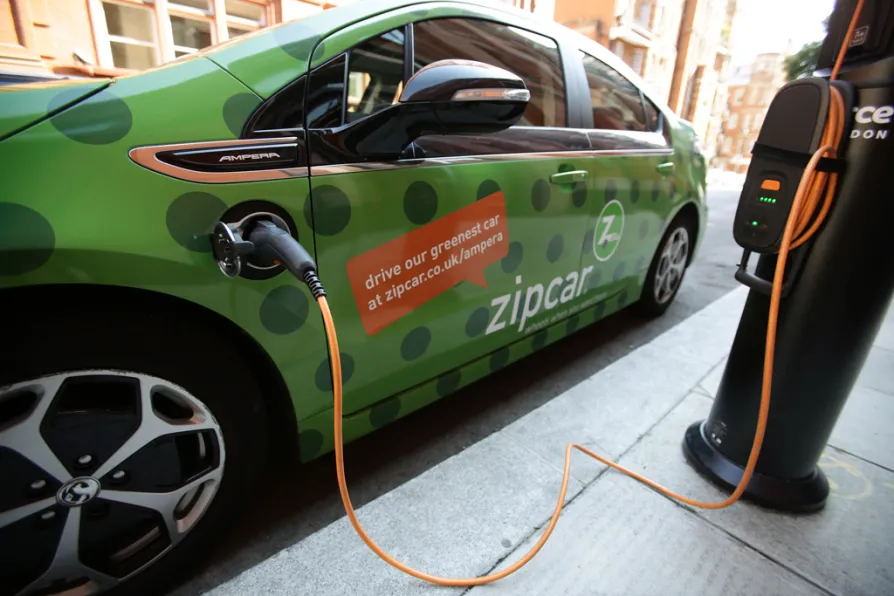‘Economy boost of billions if ban on petrol cars is accelerated,’ Greenpeace study finds

 An electric car charging
An electric car charging
BRINGING the ban on sales of new petrol and diesel cars forward to 2030 would “create jobs and boost the economy” by billions of pounds, according to research commissioned by Greenpeace.
The environmental charity expects that PM Boris Johnson will announce a revised date for the policy on Thursday.
In February he set out plans to move the date from 2040 to 2035 in an effort to reach targets for net-zero carbon emissions by 2050.
Similar stories














